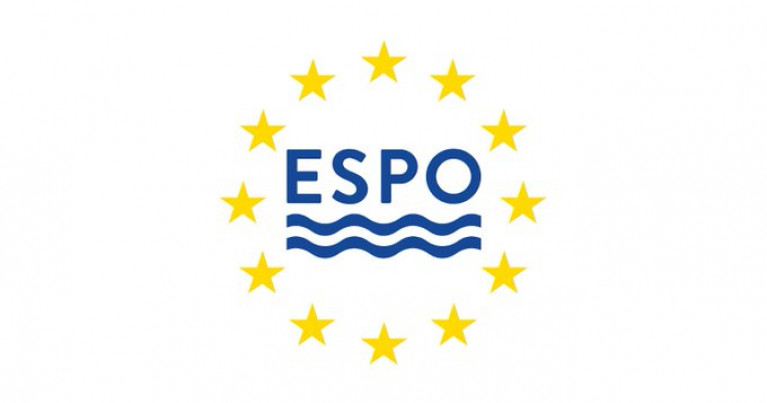Displaying items by tag: Cleaner Maritime
ESPO Welcomes EU Parliament's TRAN Report on More Efficient & Cleaner Maritime Transport
In a response the European Sea Ports Organisation (ESPO) has supported the main outcomes of a vote on the own-initiative report on technical and operational measures for more efficient and cleaner maritime transport (Delli Report) in the European Parliament’s Transport and Tourism Committee.
“We welcome the ambition to green the shipping sector which is at the core of this report. We believe the report strikes a good balance between the need to accelerate the transition towards the use of low-carbon and zero-carbon alternative fuels in the maritime transport sector, while taking into account the necessity of preserving the competitiveness of the European maritime transport sector. But the adopted text is more than a text on maritime transport. It also touches on the main policy issues of importance to our seaports. We are very grateful to see that the Transport MEPs are recognising the strategic role of ports and their cross-border dimension. We very much appreciate the Parliament’s approach to the TEN-T review and the acknowledgement of ports’ role in that context, as well as the proposals for a revised Motorways of the Sea concept,” comments ESPO’s Secretary General, Isabelle Ryckbost.
Europe’s seaports consider the adopted text largely aligned with the principles of a goal-based and technology-neutral approach to greening shipping and the maritime sector. European ports note with approval the call on the Commission, shipowners and ship-operators to ensure the implementation of all available operational and technical measures to achieve energy efficiency. ESPO also supports the recognition of the role played by transitional fuels and the investments made in LNG infrastructure. In addition, European ports welcome that the text adequately recognises the potential future use of LNG infrastructure for low- or zero-emissions alternatives such as biogas.
In particular, ESPO welcomes the Parliament’s recognition of the cross-border dimension of maritime ports. The European Parliament clearly understands the wider role of seaports as clusters of all modes of transport, energy, industry and blue economy. The text also displays an awareness of the recent developments in the port sector towards more clustering and cooperation.
The adopted report very rightly pushes for sufficient funding to both deliver the greening agenda and ensure the multimodal connectivity of Europe’s seaports. ESPO’s 2018 study on The Infrastructure Investment Needs and Financing Challenge of European Ports concluded that only 4% of CEF funding in the period 2014-2017 went to projects initiated by maritime ports, whereas the funding needs of ports amounted to 48 billion EUR for the period 2018-2028. These figures do not include the investments needed for the delivery of the Green Deal ambitions and agenda.
In that context, ESPO supports the plea to channel a majority of investments into the maritime sector to boost the greening of the shipping sector, but stresses the importance of supporting dedicated significant investments in port infrastructure as a priority. ESPO does not favour the proposal for a subsidy scheme for shipowners to bridge the price gap between fossil fuels and clean alternative fuels, especially if these subsides should come from the potential ETS revenues. Using the EU ETS revenues for such a scheme could reduce available funding for necessary investments in port infrastructure and shipping, and create market distortions. Therefore, ESPO agrees with calling for an impact assessment of any such subsidy scheme.
As regards efficiency, ESPO believes that the concept of so-called port call optimisation should be further clarified. Better port planning is high on the agenda of European ports, but this process largely depends on the cooperation with the shipping lines and other stakeholders involved. Better port planning only works where shipping lines are prepared to engage for more accurate vessel arrival planning and management.
Finally, ESPO supports the following points and considerations in the voted report:
- the access for most polluting ships to be addressed in the context of the Port State Control legislation;
- the specific consideration of ports located in outermost regions and overseas countries and territories;
- the plea for a level playing field between EU and UK ports in the context of Brexit and the wish for smooth connectivity;
- the mention of bottom-up initiatives when referring to a possible strategy on zero-pollution ports.
The TRAN report will now be submitted to the plenary.
ESPO looks forward to continuing the debate with the MEPs on the issues addressed in the report.




























































